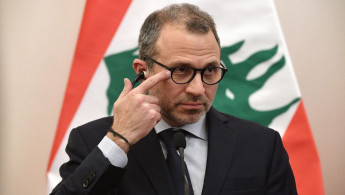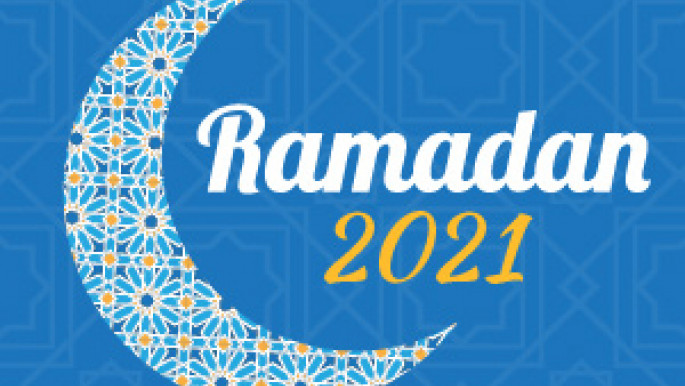Trump imposes sanctions on former Lebanese foreign minister Gebran Bassil
US President Donald Trump imposed sanctions on Friday on Gebran Bassil, one of Lebanon’s most powerful politicians, according to sources cited by the Wall Street Journal.
“The systemic corruption in Lebanon’s political system exemplified by Bassil has helped to erode the foundation of an effective government that serves the Lebanese people,” said US Treasury Secretary Steven T. Mnuchin in a statement released on Friday.
“[Bassil] is responsible for or complicit in, or has directly or indirectly engaged in corruption, including the misappropriation of state assets, the expropriation of private assets for personal gain, corruption related to government contracts or the extraction of natural resources, or bribery.”
Mnuchin attacked Bassil for “appointing friends to positions and purchasing other forms of influence within Lebanese political circles” in 2017, and steering Lebanese government funds “to individuals close to him through a group of front companies” in 2014.
Bassil replied to the announcement on Twitter: “The sanctions didn't frighten me and the promises didn't tempt me. I will not betray any Lebanese. And I will not save myself while Lebanon is destroyed. I have become used to oppression and I've learned from our history. It's written for us in the east that we have to bear our cross every day... in order to exist."
The sanctions come at a time of deep-rooted political turmoil in Lebanon, and the move is likely to disrupt the country’s efforts to form a new cabinet, where Bassil, who leads the mainly Christian Free Patriotic Movement (FPM) plays a key role. The sanctions are likely to “blow up the formation of the government,” a source with knowledge of the sanctions told the WSJ.
Twitter Post
|
Bassil is a close ally of the Iran-backed Lebanese group Hezbollah, which the US considers a terrorist organisation. He is also the son-in-law of current Lebanese President Michel Aoun.
The sanctions against Bassil had been in the works “for months”, but diverging opinions from senior US officials have stalled them until now, the WSJ said.
In September, the US administration blacklisted two former government ministers in Lebanon, for their relationship with Hezbollah.Washington imposed sanctions on former finance minister Ali Hassan Khalil and ex-transport minister Youssef Fenianos.
Hezbollah "condemned and rejected" the move, saying that Trump's administration "will not be able to implement its goals in Lebanon", it said.
The US Treasury Department said that Khalil, who has also served as health minister, helped direct funds to Hezbollah institutions to evade US sanctions against the group.
Fenianos, it alleged, received "hundreds of thousands of dollars" from Hezbollah in return for political favours.
The Treasury Department also said he provided sensitive documents to Hezbollah regarding the special UN tribunal investigating the 2005 murder of former prime minister Rafiq Hariri.
Hezbollah is the only side not to have disarmed after Lebanon's 1975-1990 civil war, and has fought several wars with Israel, as well as intervening in Syria’s conflict on the side of Bashar al-Assad’s regime.
Follow us on Facebook, Twitter and Instagram to stay connected






 Follow the Middle East's top stories in English at The New Arab on Google News
Follow the Middle East's top stories in English at The New Arab on Google News


